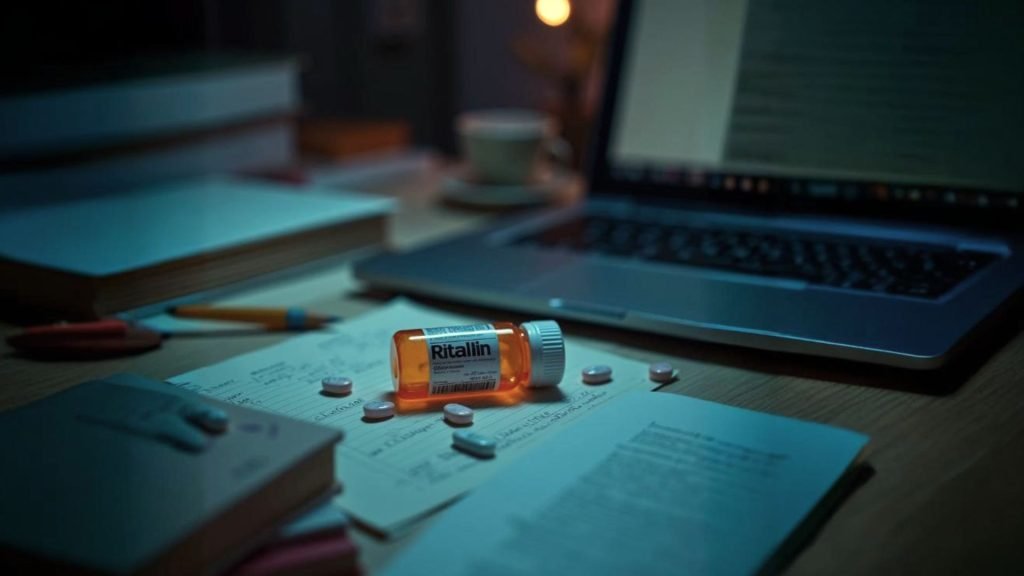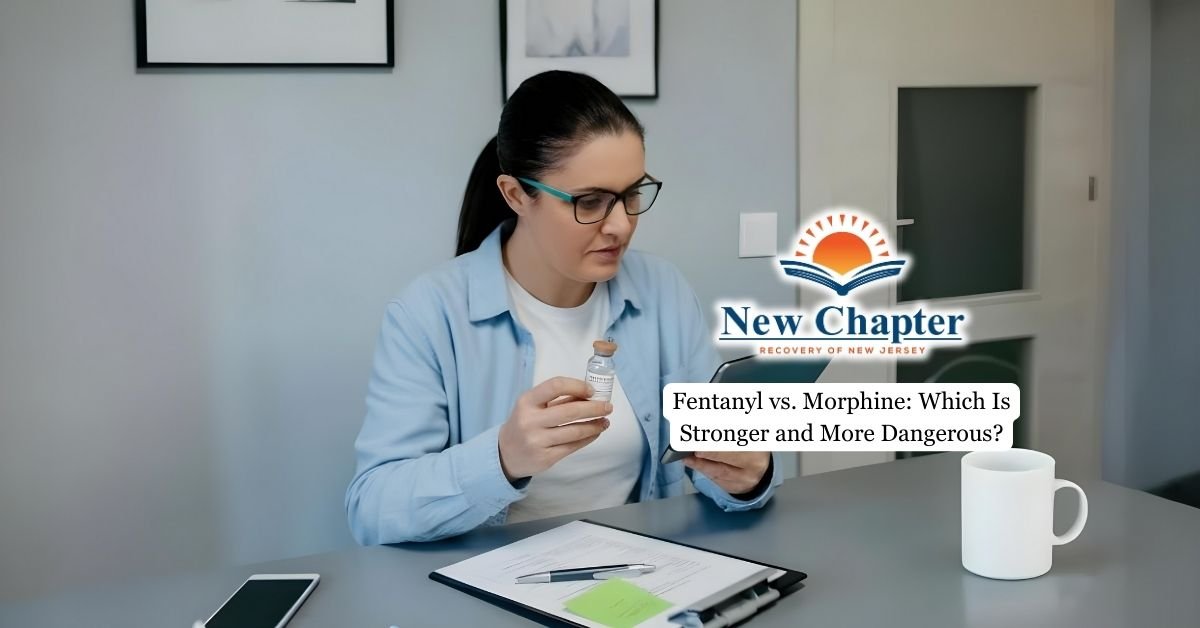Ritalin, a stimulant medication widely used to treat attention-deficit hyperactivity disorder (ADHD), is effective in helping individuals focus and control impulses. However, it also raises concerns regarding its impact on mental health. Specifically, some users report symptoms of depression and anxiety while on Ritalin.
This article examines how Ritalin use may contribute to emotional struggles especially for those navigating recovery or managing underlying mental health conditions.

How Ritalin Affects Brain Chemistry
Ritalin, also known as methylphenidate, works by increasing levels of dopamine and norepinephrine in the brain. These neurotransmitters are essential for attention, alertness, and emotional regulation. In people with ADHD, boosting these chemicals can help regulate mood and behavior. But when used in high doses or without medical supervision, Ritalin can overstimulate the brain and disrupt emotional balance.
This overstimulation can lead to irritability, mood swings, or emotional numbness. When the medication wears off, some users experience a crash with fatigue, sadness, or low motivation. These symptoms may mimic or trigger depression, especially in those with existing mental health issues.
Prolonged misuse may lead to Ritalin addiction or psychological dependence, marked by compulsive use and an inability to regulate intake.
In such cases, programs that combine clinical care with spiritual guidance—such as faith-based recovery treatments can offer a more holistic path to recovery, helping individuals find both emotional and spiritual stability while addressing the root causes of stimulant addiction.
Exploring the Link to Depression
While Ritalin itself is not classified as a depressant, its influence on dopamine pathways can contribute to depressive symptoms. For some users, particularly those with a personal or family history of depression, Ritalin may exacerbate emotional lows. Even those without such histories may develop feelings of sadness or hopelessness over time, especially if the medication is misused or taken for extended periods.
Emotional blunting is another reported side effect. This refers to a reduced ability to feel pleasure or joy, which can significantly affect quality of life. Users might find themselves disengaging from relationships or losing interest in activities they once enjoyed. These changes, if unaddressed, can evolve into clinical depression.
Ritalin and the Onset of Anxiety
Anxiety is another potential side effect of Ritalin. As a stimulant Ritalin naturally increases arousal in the brain, which could be troubling for individuals with an anxiety disorder, as it may result in heightened nervousness, racing thoughts, or difficulty relaxing.
Some users report experiencing panic attacks, persistent worry, or a general sense of unease after starting Ritalin. In others, the medication may trigger anxiety only during the initial adjustment phase or when dosage levels change. However, for those who continue to experience anxiety, it may be necessary to re-evaluate their treatment plan.
It’s also worth noting that anxiety and ADHD often coexist. In such cases, treatment with Ritalin can be complicated. While it may reduce some stress by improving focus, it can simultaneously heighten physical symptoms of anxiety such as restlessness or an increased heart rate.
If you are looking for an alternative to ritalin, check out our article on the differences between concert and ritalin.

Who Is Most Vulnerable to These Side Effects?
Those with a pre-existing mental health condition, such as anxiety or depression, are more likely to notice these effects. Adolescents and young adults, whose brains are still developing, may also be more susceptible to mood disruptions.
Dosage plays a critical role as well. Taking higher-than-prescribed doses or using the drug without medical oversight significantly increases the likelihood of emotional side effects. Long-term users, even when adhering to a prescription, may develop tolerance, requiring higher doses for the same effect and potentially altering their emotional baseline.
Withdrawal can also contribute to mood issues. Stopping Ritalin abruptly may lead to fatigue, irritability, and depressive symptoms, further complicating recovery for those already struggling with emotional instability.
The Importance of Careful Monitoring
Effective Ritalin treatment depends on close medical supervision. Patients should be encouraged to report emotional changes to their provider, particularly if they notice signs of depression or anxiety. Regular check-ins allow healthcare professionals to adjust dosage, switch medications, or integrate therapeutic support as needed.
In some cases, alternative ADHD treatments such as non-stimulant medications or behavioral therapy may be more appropriate. A comprehensive treatment plan that includes counseling can help address both ADHD symptoms and any co-occurring mental health concerns.
For individuals in recovery or with a history of substance misuse, structured support through treatment programs like intensive outpatient care, or partial hospitalization may provide the right level of care to manage both emotional health and stimulant-related challenges.
Final Thoughts from New Chapter Recovery
At New Chapter Recovery, we understand how medications like Ritalin can affect not just focus, but emotional well-being. If you or someone you love is experiencing depression or anxiety related to stimulant use, we provide faith-based and clinically sound programs tailored to support lasting recovery. Our dual diagnosis treatment in Parsippany-Troy Hills NJ addresses both substance use and mental health challenges with care, compassion, and expertise.






